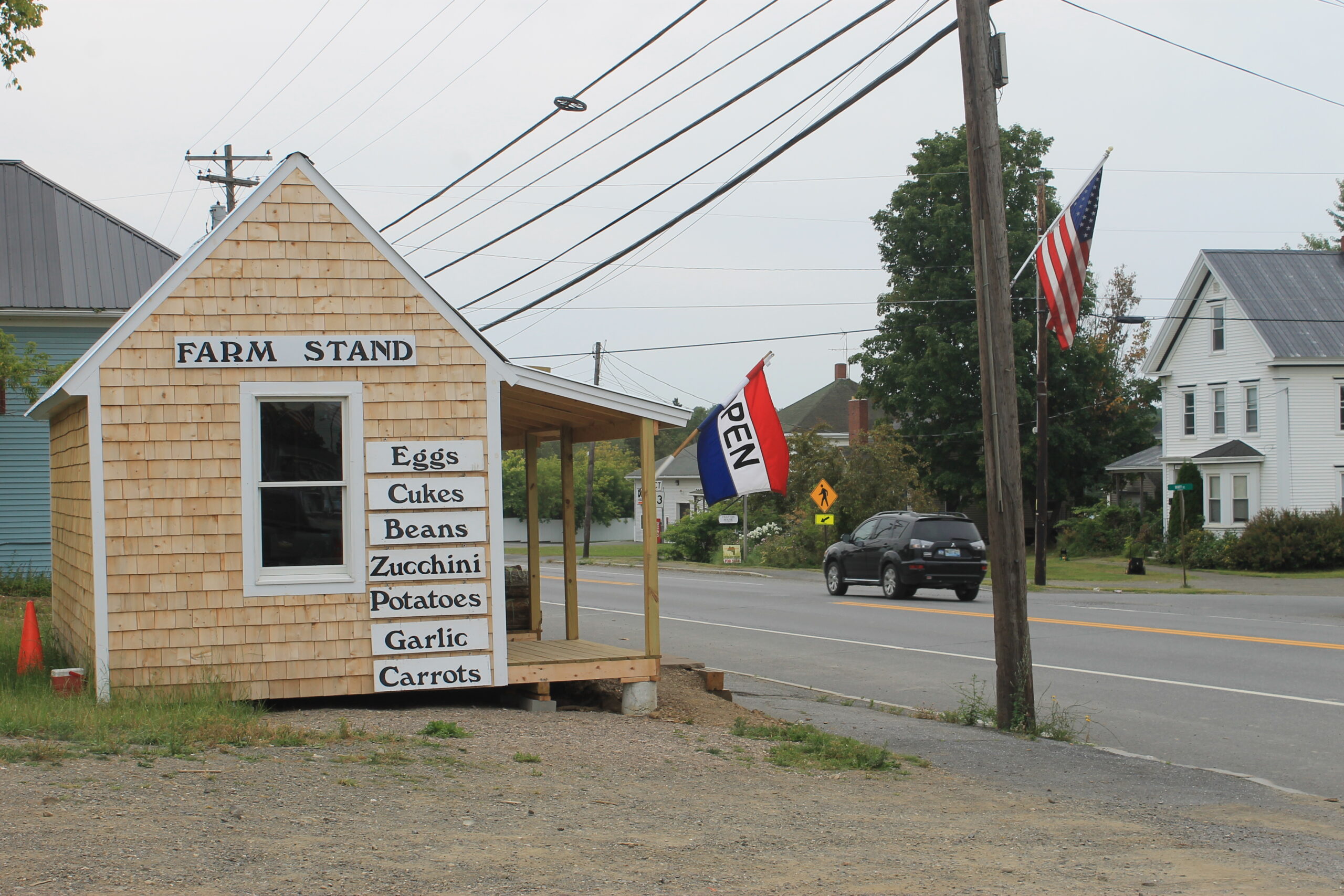
ASHLAND, Maine — Members of the Ashland Area Economic Development Committee are optimistic about their quest to improve the region’s quality of life by tackling the tough issue of workforce development.
One reason for optimism is that the there may be a new operator for the Ashland Motor Lodge, a motel that’s been closed since 2012.
“We’re hoping if everything goes right, it will be open by spring,” said Ashland town manager Cyr Martin.
The town is not at liberty to divulge more information about the operator, but the effort to revive the motel is “going well,” Martin said, adding that the individual is working with the Northern Maine Development Commission on the project.
The motel reopening would join a host of smaller lodging options around Ashland, such as the Dalton Inn, Hewes Brook Lodge and the Homestead Lodge, and it would be a good step forward for the region, said Don Tardie, chair of the Ashland Area Economic Development Committee.
“There’s a whole host of small businesses that we need to attract,” said Tardie, a retired mill and woodlands manager. “Having a hotel or motel is an important element of success for Ashland.”
The Ashland Area Economic Development Committee got started in 2016, when the town council grew alarmed at the rise in local education costs. From 2009 to 2016, local education costs for Ashland more than doubled to $1.3 million — a trend driven in large part by shrinking enrollment.
“We convened and said, maybe we ought to be looking at trying to promote the town,” Tardie said. “There’s a lot of things we can do.”
The committee has come to see the declining student enrollment as a part of the other issues the committee is trying to address, namely workforce and business development.
The thinking goes that if families settle in the Ashland area to take jobs or more young people from the area stay and work, the local school district could have more students and taxes could be eased, while other small businesses could have more customers and employees.
“Our committee is multi-functional,” Tardie said.
Stakeholders in the group include representatives from the major Route 11 corridor mills, including J.D. Irving, Maibec and ReEnergy, and when business and community members were queried on their concerns for the area, a few common themes emerged, Tardie said.
One was the workforce, as a whole generation of skilled forestry and mill workers are entering retirement age and virtually all of the region’s mills are always hiring.
Another was the town’s appearance and the “eyesores and safety hazards” presented by vacant rundown buildings.
“It’s hard to attract businesses if your town looks terrible and we had some big problems,” said committee member and former town manager Ralph Dwyer.
With a $150,000 federal grant, Ashland has helped four local businesses renovate their buildings and demolished several other unoccupied buildings. The site of one of the former vacant buildings on Main Street now hosts a seasonal farmstand operated a local teenager.
Dwyer added that Ashland also was lucky to receive a $300,000 grant to convert the gymnasium of a former elementary school into a recreation center that’s now regularly used by senior citizens, families and youth.
“It’s worked out well. It’s used a lot more than I had an anticipated.”
Going forward, though, the demographics is the biggest issue looming for Ashland and all of Aroostook County for that matter
“It is the biggest concern because of the aging workforce,” Tardie said.
At the same time, the myriad job openings in the mills and woodlands present a good chance for jobs and careers that pay well and usually higher than the average in Aroostook County, Tardie noted.
“We’ve got a great opportunity for people who want to graduate college with a technical degree and come and work here.”
The committee has helped secure a grant for the WorkReady program that will start at the Ashland Community School in March. Individuals looking for jobs can take the 60-hour class for free and learn a variety of skills to take to the workplace or their job search.
Meanwhile, the communities along Route 11 — as well as Fort Fairfield 40 miles east — are waiting to hear the results of the proposals for co-locating businesses with the ReEnergy biomass plants.
ReEnergy, the New York-based biomass operator with four plants in Maine, is currently reviewing proposals from businesses that could set up shop near one or more of the biomass plants to take advantage of affordable power, heat, water and carbon dioxide.
ReEnergy is a key piece of Aroostook County’s woods products industry, buying waste wood and residuals from loggers and mills to turn into electricity. With high electrical grid expenses and competition from natural gas, ReEnergy has informed grid operators that the Ashland and Fort Fairfield plants could shut down this September if their revenues don’t improve.
The Ashland Area Economic Development Committee is hoping that a new business can set up with ReEnergy in Ashland, but doesn’t have much control over what happens. The results of the proposals are expected in the spring.
In the meantime, Tardie, Dwyer, Martin and others with the committee are honing their strategy for telling the story of the Ashland area and its attributes, such as four season outdoor recreation at the edge of the North Maine Woods.
“We’re trying to promote Ashland as a gateway community and a destination itself,” Tardie said.
- The ReEnergy biomass plant at Ashland’s Machias River Industrial Park seen in February 2018. (Anthony Brino)








